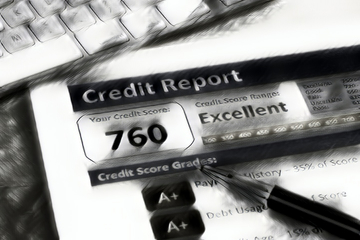Grade 4 Lesson 6: #CreditReport
In the last lesson, we understood what a #creditscore is and its importance. In this lesson, we will cover #credit #reports.
A credit #report is a detailed summary of an individual's #credithistory. Such a report has your personal information, details on prior and current #loans, as well as repayment history, including any record of #bankruptcies.
Credit reports include personal information such as the individual's current and previous addresses, #SocialSecurity numbers, and employment history. These reports also include a credit history summary such as the number and type of #bank or #creditcard accounts that are past due or in good standing, and detailed account information related to high balances, credit limits, and the date #accounts were opened.
The credit report is created and maintained by a #creditagency or a #creditbureau. Such bureaus are country-specific, and different countries have their way of recording and reporting on credit. In the US, there are 3 credit agencies - #Equifax, #Experian, and #TransUnion. So an individual will have 3 different credit reports in the US. The information in these 3 credit reports is very similar, for the most part.
A good credit score and a credit report are very important. When applying for #loans, credit cards, house rentals, and job applications, your credit report will typically be checked. And if your credit score is poor, or you have other issues with your credit report, you could face issues/denial.
Can one improve their credit score? Absolutely. Generally, credit reports retain negative information for seven years – so if you have had an issue on your credit report, it will go away after 7 years. There are a few things you can do to improve your credit score:
- Don’t apply for multiple credit cards. Have 1-2
- Pay off the balance on your credit card on time
- Pay your bills on time
- Most importantly, spend less than you earn. This will help you keep your credit clean and help you build wealth

ayu ecosystem #kids #education #financialliteracy